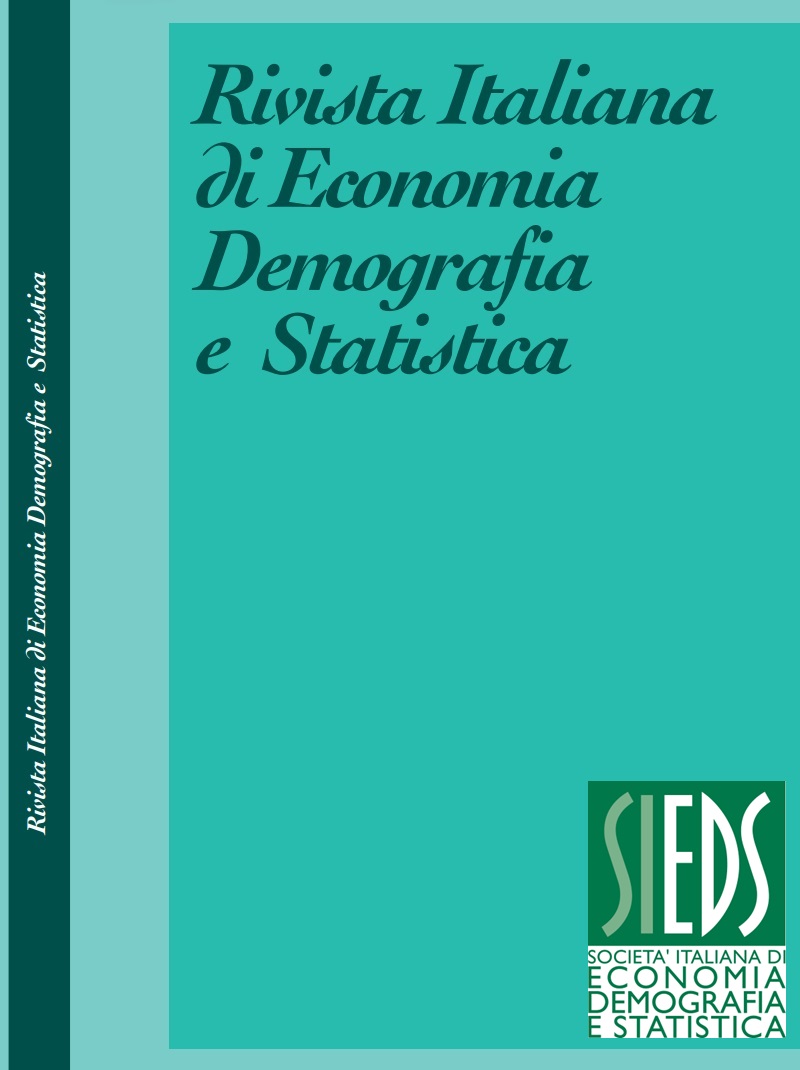An Empirical Evaluation of Common Cross-National Measures of State Capacity
Abstract
Today, most experts have no doubt that state capacity is crucial for sustainable development. Anyhow, there is no agreement on how to quantify state capacity and there are plenty of different measures of state capacity to choose from. Ideally, one should pick a measure that closely represents the chosen theory. If that is not possible, however, existing literature offers little guidance in helping scholars to select one measure over another. The study at hand contributes to fill this gap in the literature by comparing and evaluating selected empirical characteristics of seven frequently used measures of state capacity in commonly available years (2005-2015). Ultimately, thus, this study provides new valuable guidance to the users of measures of state capacity. By drawing on previous comparative research on social science measurement, the author of this study analyses common cross-national measures of state capacity mainly along two desirable features: the normality of distribution and the ability to discriminate between cases. The results of this study show that measures of state capacity are not all the same: some measures have more desirable empirical features than others. In particular, State fragility index seems to have the least advantageous characteristics. Therefore, unless theoretically justifiable, the study at hand does not recommend its use in statistical analyses on the topic.
Downloads
Published
Issue
Section
License
Copyright (c) 2022 Andrea Vaccaro

This work is licensed under a Creative Commons Attribution 4.0 International License.



